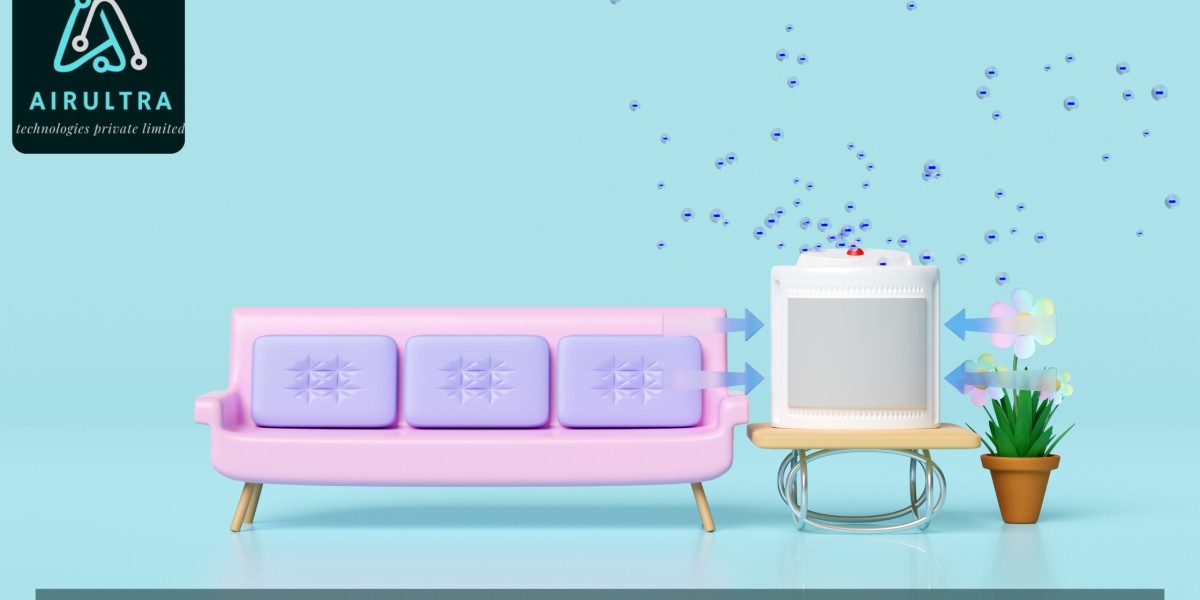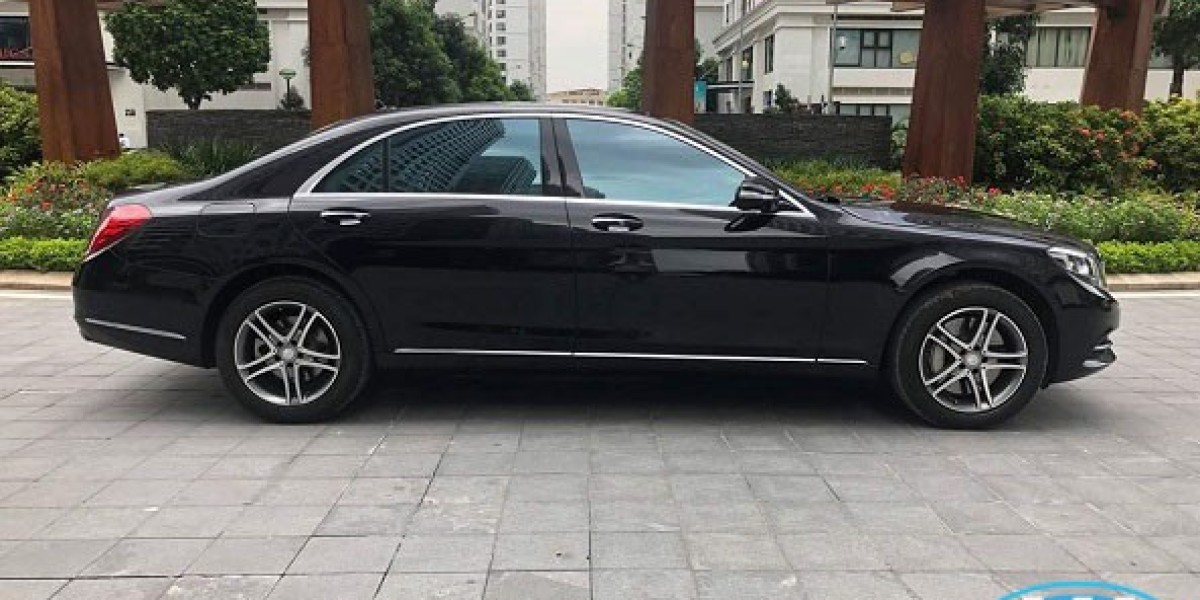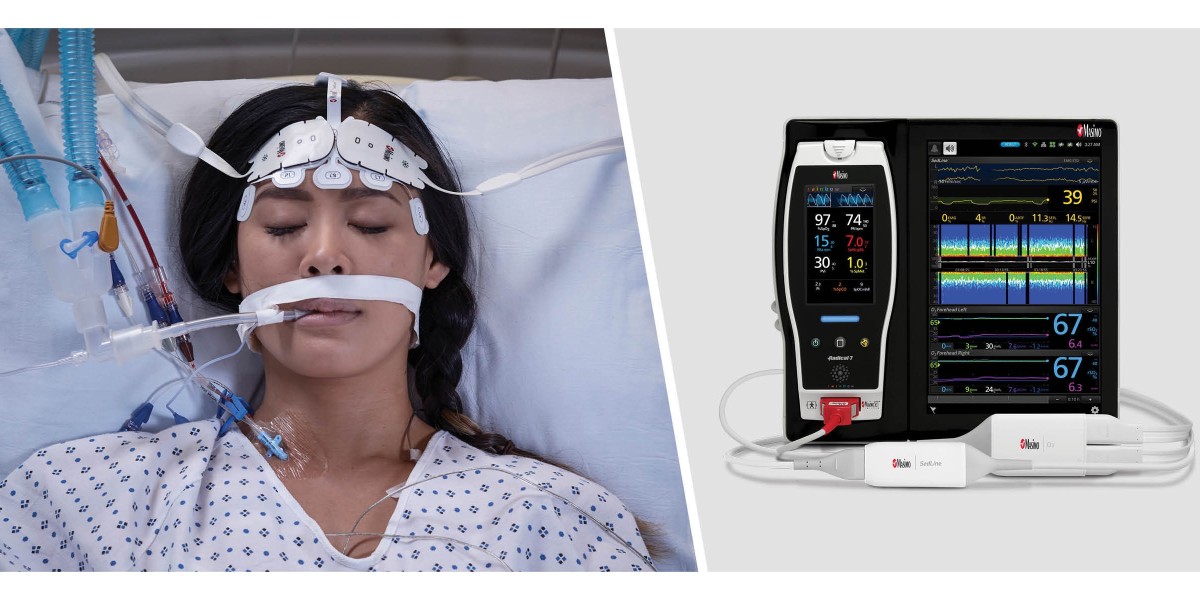In today's world, where pollution levels are on the rise and indoor air quality is becoming a growing concern, investing in air purification products like an air purifier has become increasingly essential. As someone who's researched and purchased an air purifier, I understand the importance of making an informed decision. Here are five key things to know when buying an air purifier:
Understand Your Needs:
Before diving into the world of air purification products, it's crucial to understand your specific requirements. Consider factors such as the size of the room or area you want to purify, the type of pollutants you're dealing with (e.g., dust, pollen, pet dander, smoke), and any specific health concerns you or your family may have (like allergies or asthma). This initial assessment will help you narrow down your options and choose an air purifier that's best suited to your needs.
Know the Different Types of Filters:
Air purifiers typically use various types of filters to capture and remove airborne contaminants. The most common types include HEPA (High-Efficiency Particulate Air) filters, activated carbon filters, UV-C light filters, and ionizers. Each type targets different pollutants, so it's essential to understand how they work and which ones are most effective for your specific needs. For example, HEPA filters are excellent for trapping allergens and fine particles, while activated carbon filters are great for removing odors and gases.
Consider the Clean Air Delivery Rate (CADR):
The Clean Air Delivery Rate, or CADR, is a measure of an air purifier's effectiveness in removing airborne pollutants from a specific area. When comparing air purifiers, look for models with a higher CADR, as this indicates faster and more efficient air purification. Keep in mind that CADR ratings are specific to particular pollutants, so make sure to check the CADR for the contaminants you're most concerned about.
Evaluate Additional Features:
Beyond basic air purification, many air purifiers come with additional features that can enhance their performance and convenience. These may include programmable timers, air quality sensors, multiple fan speeds, remote controls, and smart connectivity options. While these features aren't essential, they can add value and make your overall experience with the air purifier more convenient and efficient.
Compare Maintenance and Operating Costs:
When buying an air purifier, it's essential to consider not only the upfront cost but also the long-term maintenance and operating costs. Look into the cost of replacement filters and how often they need to be changed, as well as the energy consumption of the purifier. Opting for an energy-efficient model with affordable and readily available replacement filters can help you save money in the long run.
In conclusion, investing in an air purifier is a valuable step towards improving indoor air quality and safeguarding your health and well-being. By understanding your needs, knowing the different types of filters, considering CADR ratings, evaluating additional features, and comparing maintenance and operating costs, you can make a well-informed decision when purchasing an air purifier. Remember, the right air purification product can make a significant difference in the quality of the air you breathe at home or in the office.








